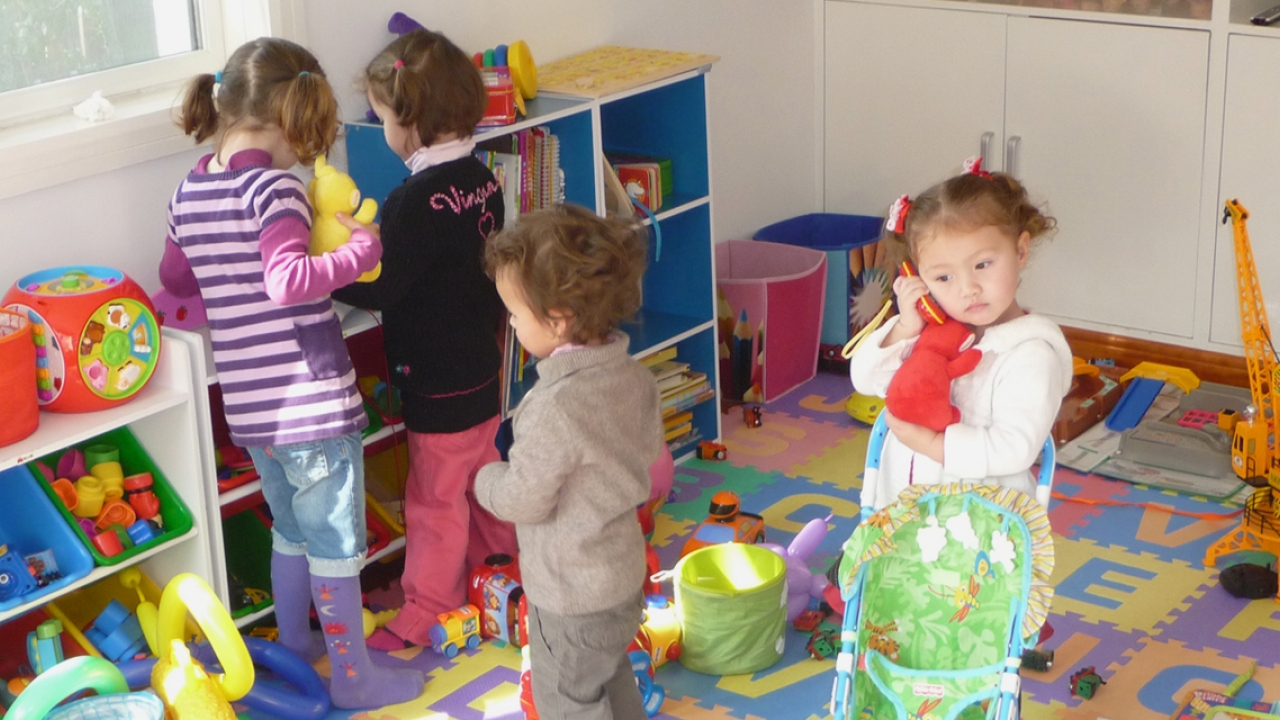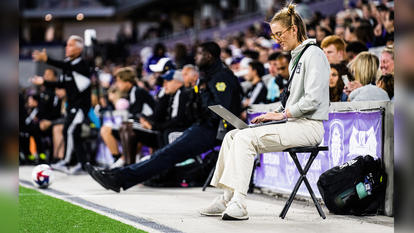Wellesley Professor Gives News Media Expert Opinion on Child Care Funding

As discussions involving publicly funded child care intensify, Barbara Beatty, professor of education at Wellesley, spoke with both WBUR’s Radio Boston and the Boston Globe about the history behind the current debate on child care and the need for public funding.
Beatty, an expert in early childhood education and the history of educational reform, says the question we must consider is, “How can we make combined universal preschool education and child care a nonpartisan public good?” In her interview with WBUR, she talks about how President Nixon's 1971 veto of a comprehensive children's services bill politicized child care and stigmatized working mothers. Calls for federal support for child care are back, but with more emphasis on tax credits than on increasing high quality programs with well-paid professionals, although increasing visibility for the need is welcome.
Beatty also provided historical context for a Boston Globe article that asked, “Is day care impossible?” and made the case that “individual families shouldn’t bear the burden of child care costs.” It is a relatively common thought, Beatty told the Globe, that children too young to be in school should be taken care of by their mothers and not be put in child care services. However, this was not always the case, she said. Support for publicly funded child care swelled during the early 1970s; even earlier, amid an influx of immigration, industrialists including John D. Rockefeller and Andrew Carnegie advocated for kindergarten as a tool to assimilate newly arrived children, the goal being to “turn them into model American citizens who were well-behaved….”
In her courses on the history of childhood and education and in her book Preschool Education in America, Beatty shows that in the past, women in the kindergarten movement garnered public support for the welfare of young children and their families. “When I talk about the history of child care and preschool education in my classes,” Beatty said in an email interview, “I’m always struck by how interested students are in the history of public responsibility for young children, and how little [some] have been taught about it before coming to Wellesley. Students also see immediately how much the lack of universal preschool education and child care will affect their own lives, as parents and citizens, and the future of our country.”
Beatty began her career as a teacher in an experimental kindergarten in Boston, where her interest in early childhood education was piqued. She has been a member of Wellesley’s education department since 1981 and its chair since 2002. Beatty’s research focuses on the history of education and educational reform, with the goal to “increase social equity through education.” She has been an associate editor of History of Education Quarterly, as well as a member of both the Society for the History of Children and Youth and the Consortium for Excellence in Teacher Education. She has written extensively about the history of the kindergarten movement, child psychology, and educating young children.
Story by Christine Roberts ’19



